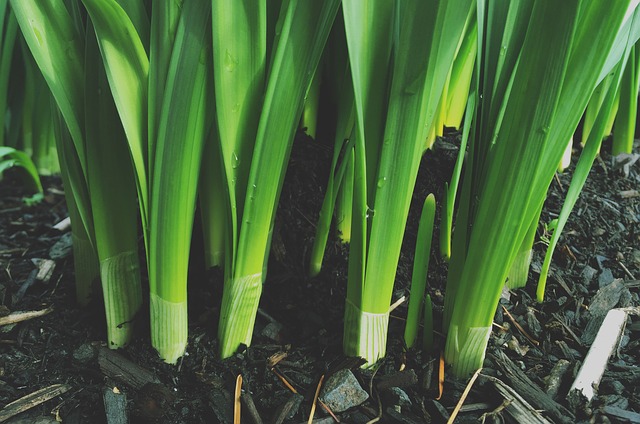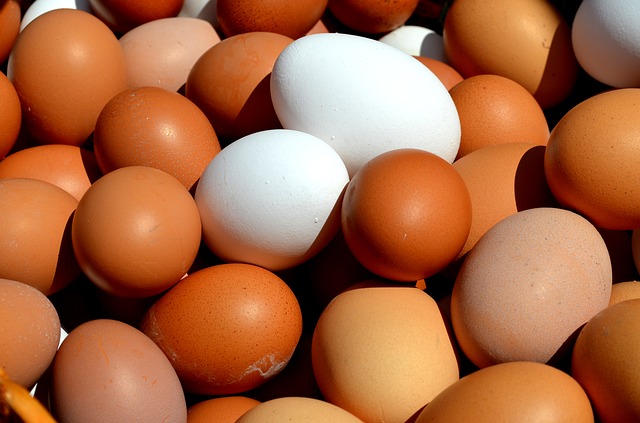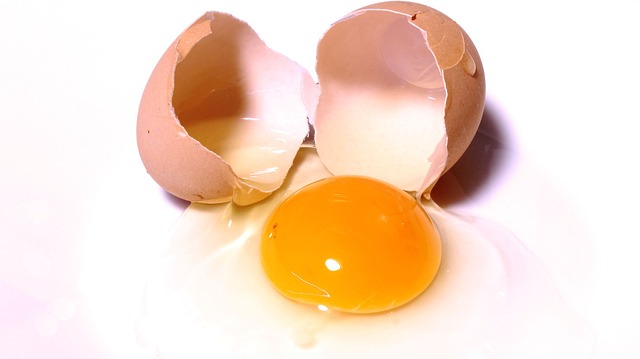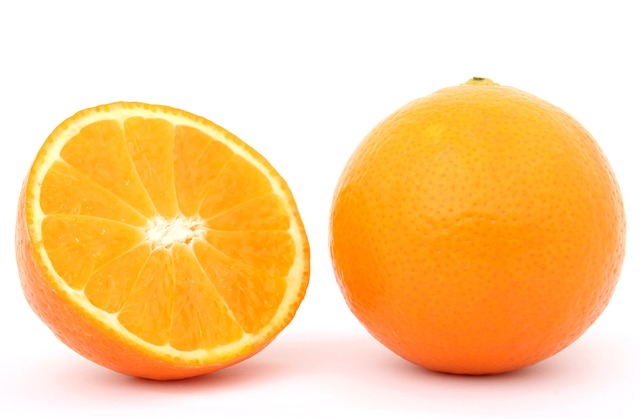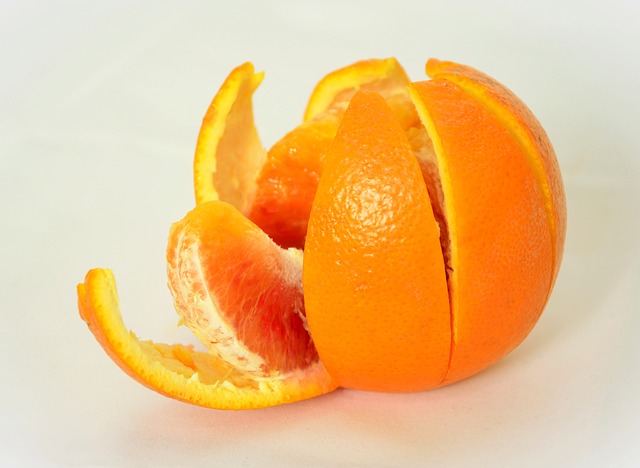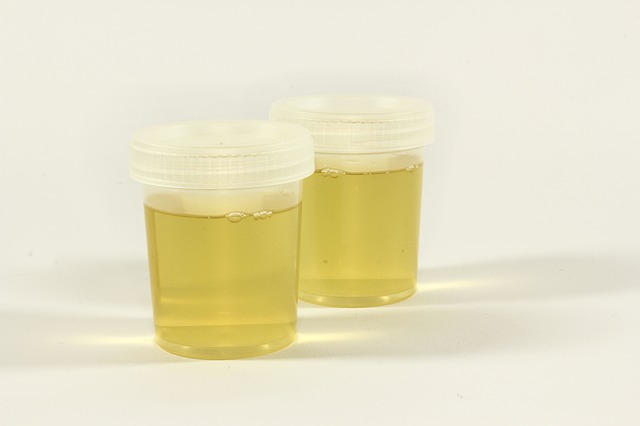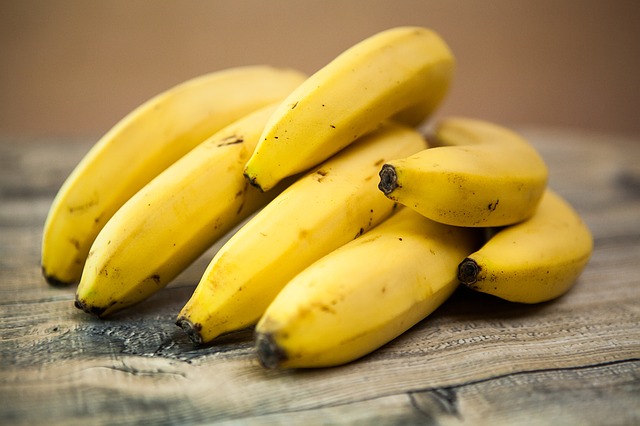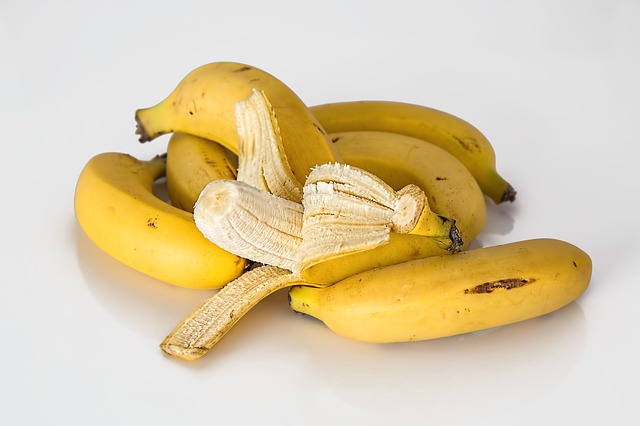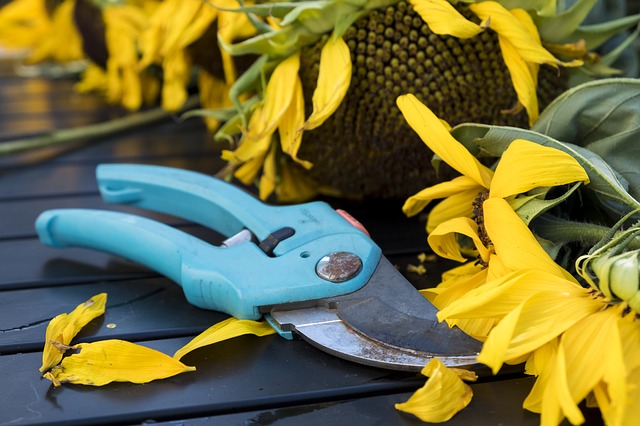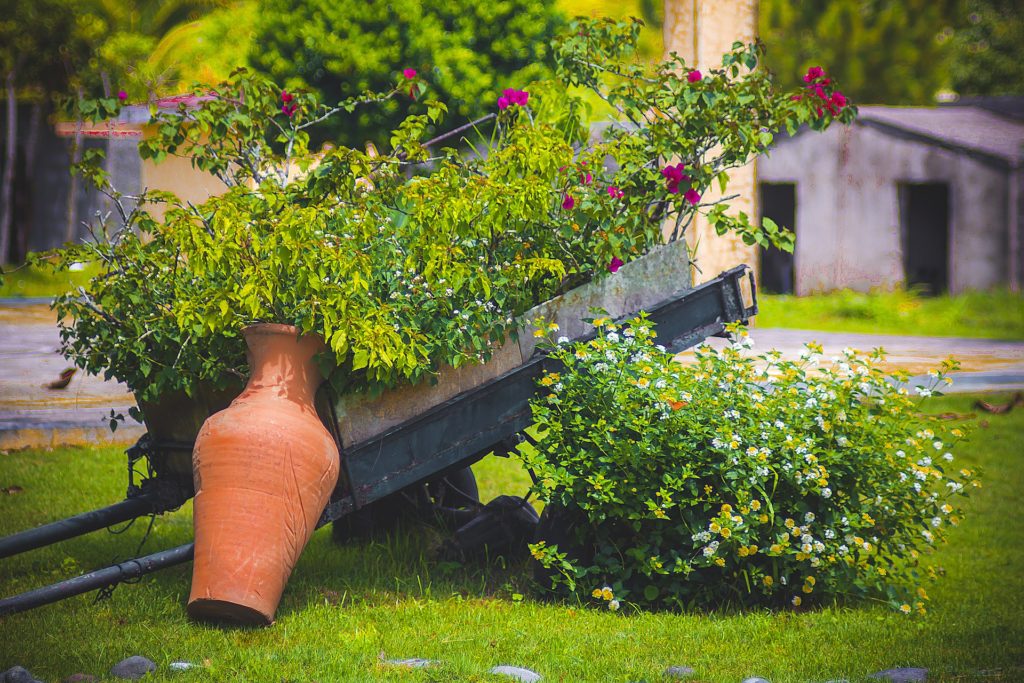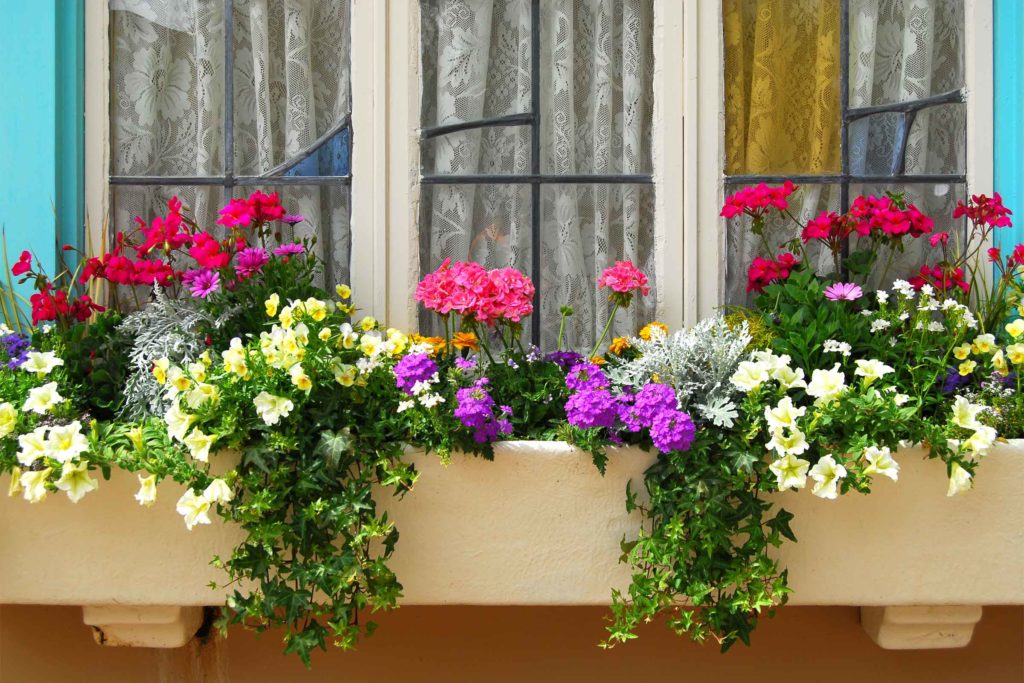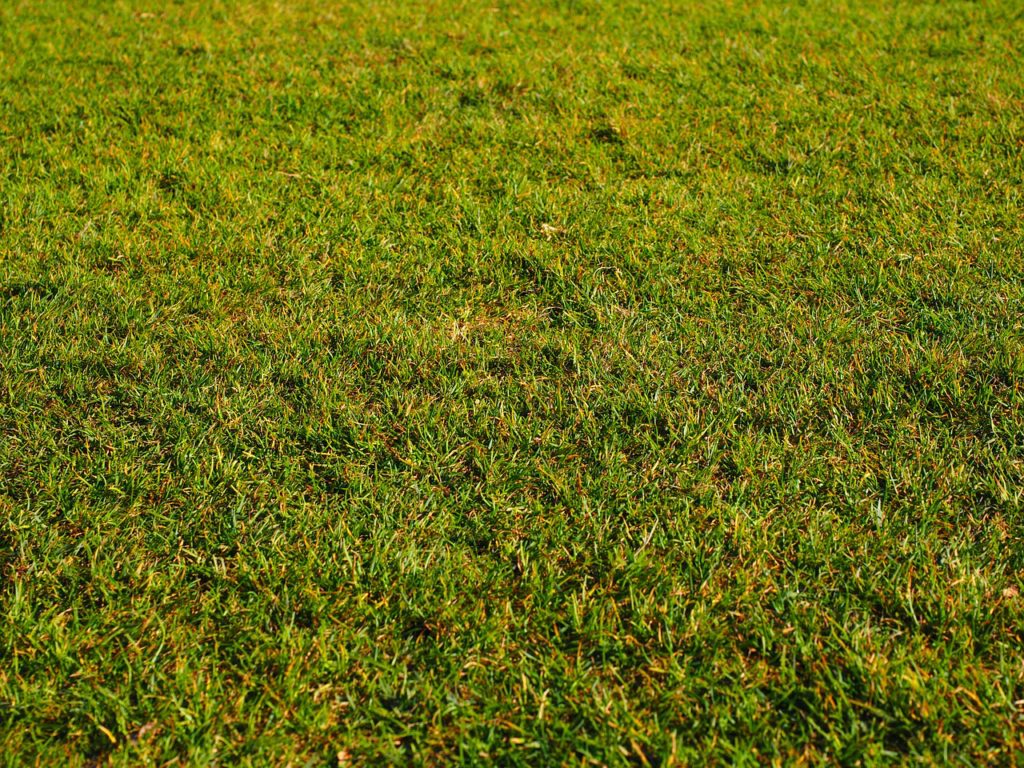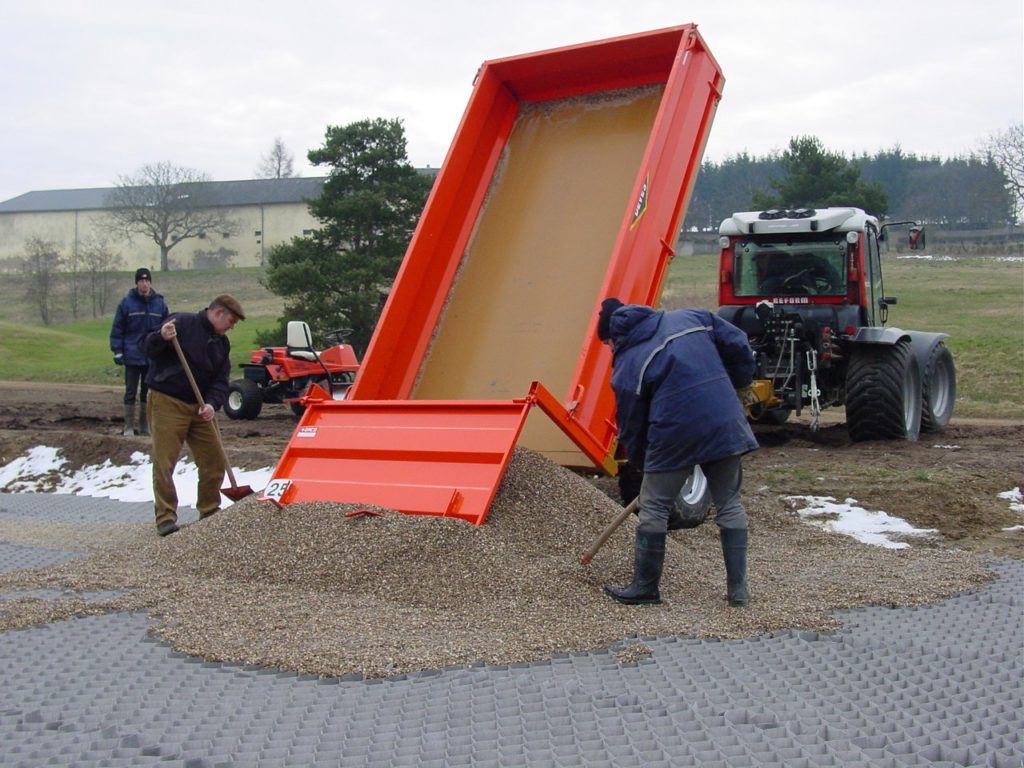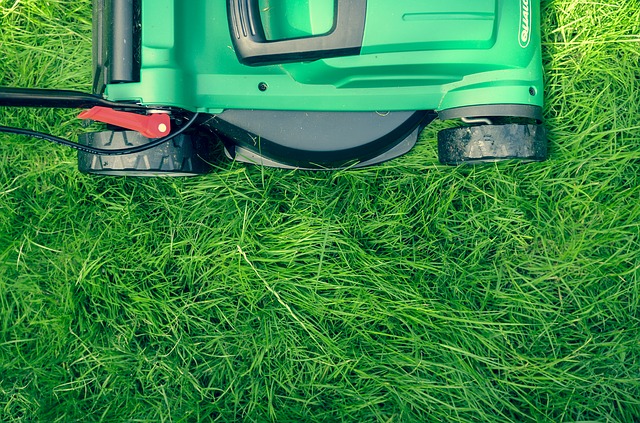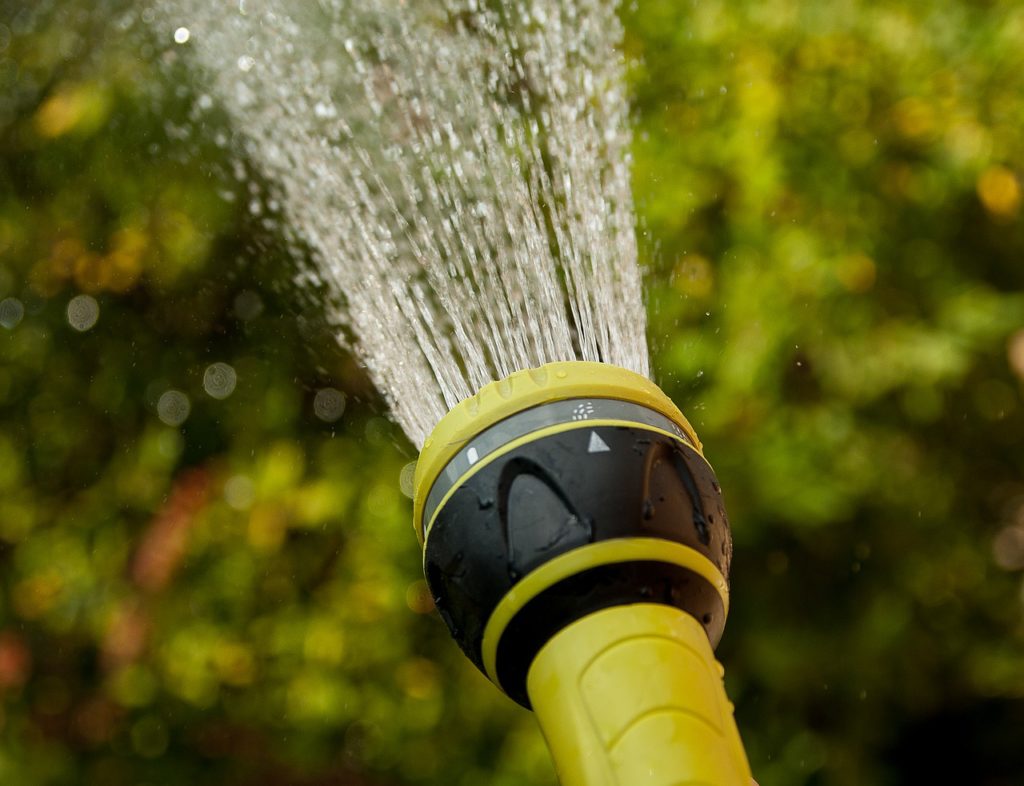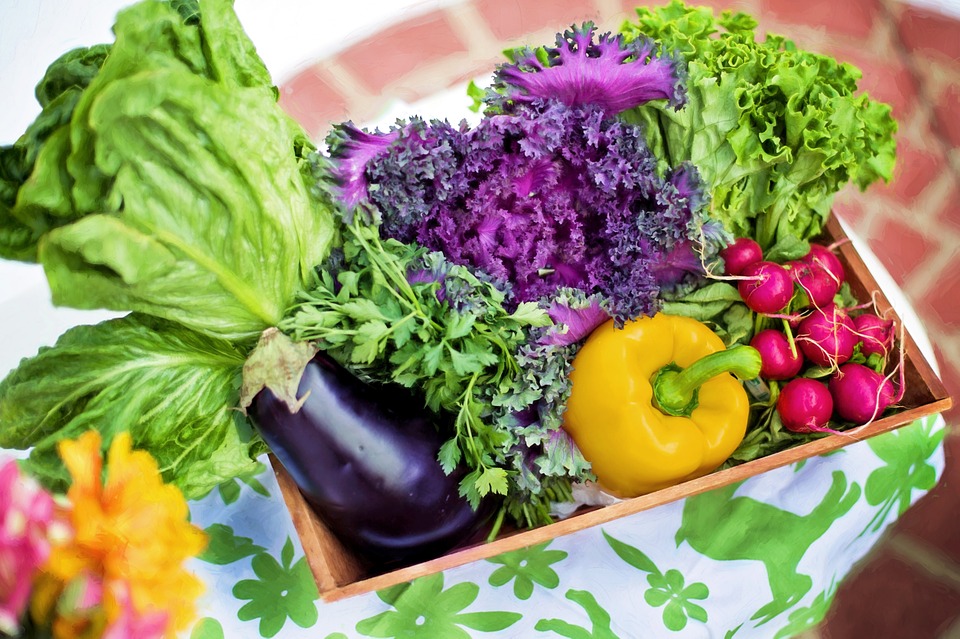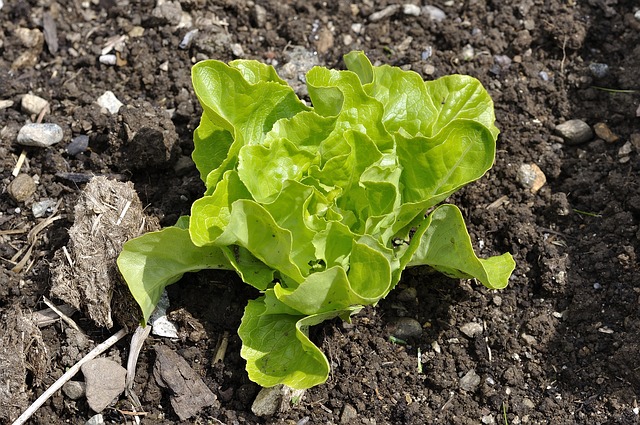
Composting has many excellent benefits. It allows you to recycle organic material which can then be used to help to enhance your soil. And of course, it’s an environmentally friendly way to reduce trash. But before you get started you’ll need to know what not to compost.
Human Feces
Human feces can contain dangerous disease pathogens and sometimes parasitic worms. For these reasons it is not generally composted although it technically can be if it is allowed to age and is properly treated.
However, with the associated risks involved it is therefore not recommended for the average gardener. On the other hand, adding urine to compost is safe. In fact, urine can give your compost a big nitrogen boost and is completely sterile.
Pet Feces
Feces from pets such as dogs, cats, and birds should not be used in your compost. Despite the fact that dog waste does contain many nutrients it can contain parasites that are dangerous for humans. Dog poop compost can also be quite messy.
A much better idea are dog waste bins. Many of these are designed to function similarly to an in-ground septic tank. Cat litter and waste should be kept out of your compost pile as well. Cat feces may contain roundworms which are particularly dangerous for children.
Toxoplasma gondii can also sometimes be found in cat feces. When it is transmitted to a woman that’s pregnant it can cause severe damage to her unborn baby. Feces from pet birds may also carry potential diseases. And because of the birdseed that they eat it can cause weeds to grow in your compost.
Diseased Plants
Many plant diseases such as blight and clubroot can be extremely persistent. It can take up to around one hundred and eighty degrees Fahrenheit to kill disease pathogens and most compost piles will not reach such high temperatures. So to keep diseases from spreading to your garden diseased plants should be burned. Burying them is also an option.
Weeds
Composting weeds is typically okay if they haven’t yet flowered or produced seeds. If they have don’t add them to your pile as seeds will most likely remain dormant when composted and then germinate when added to your soil in the future.
Most compost simply doesn’t get hot enough to destroy weed seeds. Specific weeds such as creeping buttercup, ground elder, and couch grass should be burned. If they are added to your compost they will be sure to multiply.
Anything Toxic
Do not add any toxic materials to your compost. (Knowing where your materials come from can help to make sure this doesn’t happen accidentally.) This includes plants and soils which have been sprayed with herbicides or insecticides. When near busy roadways many plants can actually become coated with harmful lead emissions as well. So to be on the safe side and don’t add plants from these types of locations.
Items That Won’t Decompose Easily
Many items just take too long to break down. Big pieces of wood, shells from various types of seafood, and rags are all examples of things not to compost. Pruning from trees should be chopped up or put through a chipping machine first if they will be added.
That’s because their bark contains lignin which is much harder for bacteria to break down. Make sure to shred heavy cardboard if you would like to add it as well.
Too Many Acidic Items
People often wonder can you compost orange peels and other acidic fruits. The answer is yes and this also goes for other acidic materials like oak leaves and pine needles too.
However, you won’t want to do so in very large amounts unless you are adding something to neutralize them such as limestone. If you have large quantities of acidic materials you may want to set up a separate compost pile specifically to supply your acid-loving plants.
Grease And Oil
While smaller amounts of grease and oil in compost are fine, such as the amount the average house would normally get rid of, anything more than that should be avoided. Not only can grease and oil attract backyard pests of many different types and smell bad, but they can also slow down many of the essential processes that are at work in your compost.
Be sure to follow the basics of composting and use this list of what not to compost. If you do, you’ll quickly be on your way to producing the black gold your garden craves.
Start Shopping for Composting Supplies!
The Best Places To Find Free Composting Materials
Many people are interested in composting but feel like they don’t have access to enough organic materials. Luckily there are a range of places you can find free composting materials to get started or make your current pile bigger. Here are some of the best and easiest...
4 Steps to Get Your Garden Ready for Spring
After being cooped up all winter, you may be dreaming about harvesting from a lush summer garden. But before you get there, there’s a lot of work to be done to get the garden ready. Spring garden prep can be intimidating, especially if your garden beds have been left...
How To Build A Vegetable Garden That Is Both Tasty And Attractive
A healthy vegetable garden can provide you with hours of stress-busting, mental health-boosting fun and give you and your family healthy, organic produce to eat for months. If you have even a few square feet of yard space, planting a vegetable garden is easy and...
Using Eggs Shells In The Compost
There are many food scraps that people use in their compost. However, there is one that is often overlooked. Using egg shells in compost is not just a great way to help reduce waste but also boosts the nutrient content of the soil you are creating for your plants....
Using Egg Shells In The Garden
Once you learn how you can use egg shells in the garden you won’t just think about eggs solely as food. Their shells are a free way to add to the health of your soil and plants, but they also have quite a few other helpful benefits as well. Here are the best ways to...
Using Orange Peels In The Garden
Oranges are a healthy snack and ingredient but you’re most likely wasting one of the most beneficial parts, the peel. While we can’t eat them, using orange peels in the garden has many surprising advantages. Here are the top ways you can put your peels to work....
Can You Compost Orange Peels?
If you’ve ever wondered, "can you compost orange peels?" the answer is yes. Although there are a few things you should know when doing so. So here’s your fast guide! Composting Basics When composting, you’ll need to include a mix of both carbon and nitrogen-rich...
Using Urine As Fertilizer
While urine is waste, it also contains nutrients that our bodies can’t use. But your garden can! Using urine as fertilizer is free and as organic as it gets! Here’s what you’ll need to know when thinking about using it. There have actually been multiple studies that...
The Urine-Compost Connection
Composting is all about re-using organic materials. And like the majority of us, you probably have been flushing away one of the most natural ways of all to condition your compost. By adding urine compost can be given a huge boost and that is passed on to whatever...
Using Banana Peels In Compost
Can you put banana peels in compost? You bet you can! While bananas offer us some extremely important nutritional benefits that help us to stay healthy, their peels can be used to add to the health of your compost pile as well. Bananas are one of the most popular...
Using Banana Peels In The Garden
Bananas are both delicious and healthy. And you may have wondered after finishing your morning shake or afternoon snack whether those peels you’ve been throwing away for years could be used for other things. What can you do with banana peels? It turns out quite a lot,...
Common Gardening Injuries And How to Avoid Them
While gardening isn’t necessarily the most dangerous pastime one can think of, injuries do occur. Recent data suggests that in the US alone, over 300,000 gardening injuries occur annually. So whether you are a seasoned gardener or are just beginning, it’s important to...
Just Moved? How To Safely Transport Your Plants Into Your New Garden
It can take years of planting and care to create a magnificent garden. That’s why the prospect of relocating or moving houses can induce anxiety in gardeners. Whether you plant ornamentals, or if you grow your own vegetables, having to start over can be a daunting...
Filling Those Window Boxes: Flower Species That Thrive With Container Gardening
Those traditional window boxes overflowing with flowers may remind you of summer cottages or childhood dreams. This particular feature is one that you want at your home all year-round. Container gardening for window boxes takes a certain flair for picking out the...
Why You’ll Want To Revamp Your Garden with Artificial Grass
Installing an artificial lawn is an easy and attractive way to improve and revamp your garden. This is because an artificial lawn is like a real lawn, only much better! Artificial grass has been developed to such a high-quality standard that it looks and feels as...
The Best Grass Types For Creating A Drought Tolerant Lawn
Many of us live in dry and arid places. There are many locations around the world that unfortunately for your lawn don’t get much rain throughout the year. For people who live in these places, a green, healthy-looking lawn can seem impossible to have and maintain....
Garden Drainage: How to Avoid a Waterlogged Garden & Patio
Many locations around the world get a lot of rain. With an average of 33 inches of rain per year, this is especially true in the U.K. where it is rare for a day to pass that it is not raining somewhere. Regardless of where you live this can lead to problems with...
Easy Lawn Care? Experts Say It’s Possible With These Tips!
There's no way around it: If you want a lush lawn, you have to work for it. That entails putting in a lot of time, effort, and yes, money. And even if you are hiring experts in lawn care, you will still need to shoulder some of the responsibilities involved. That does...
Water-Wise Landscaping: Avoid Cultivating These Types Of Plants
Water is one of the primary needs of all plants. They need to receive the right amount of hydration to grow and thrive properly. You can ensure your plants get the hydration they need by watering them regularly using a garden hose or watering can, or by having a...
Starting A Vegetable Garden: Motivational Tips For Beginners
Back in the day, our ancestors did not have to go very far to buy vegetables, they just had to step out in their garden and pick up free, fresh veggies. Unfortunately, over generations, most of us have lost touch with our natural gardening instincts due to the busy...
